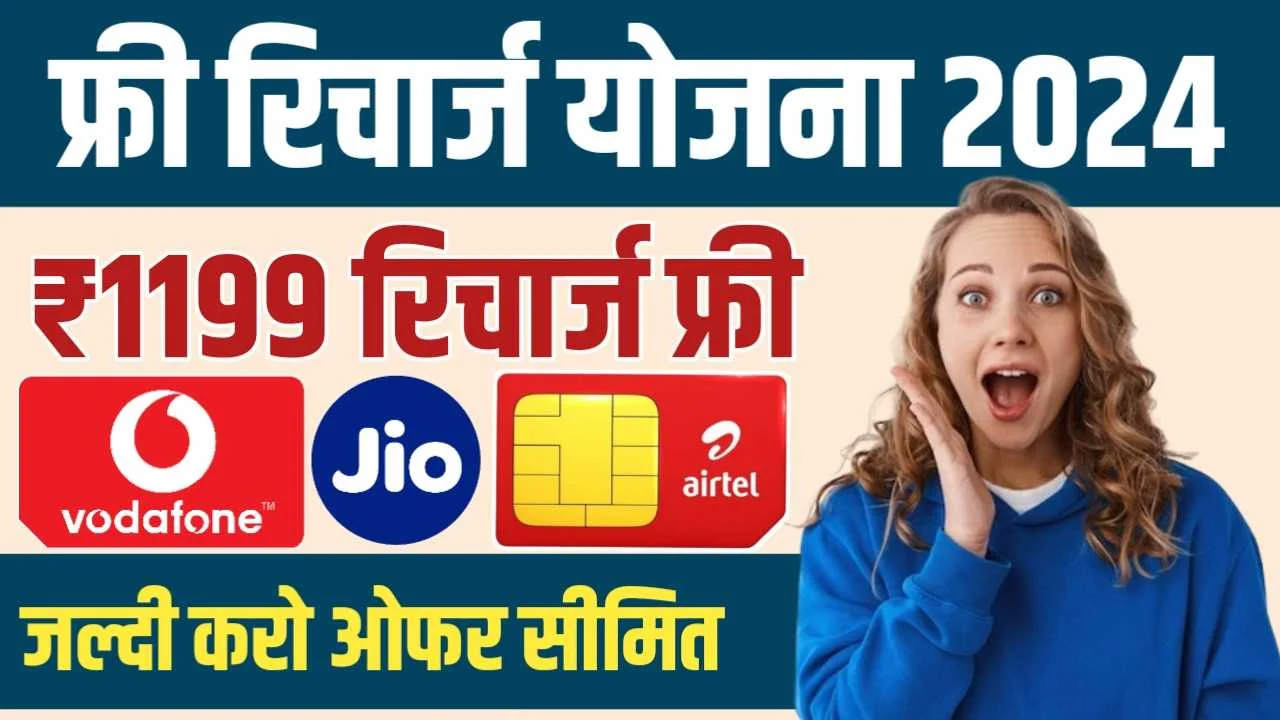PM Loan Schemes: In recent years, the Government of India has introduced a series of loan schemes under the umbrella of “Pradhan Mantri” (PM) schemes. These programs are aimed at fostering financial inclusion, promoting entrepreneurship, and supporting marginalized sectors by providing access to credit.
PM loan schemes are designed to empower individuals, small businesses, and enterprises in sectors that are crucial to India’s economic growth. This article explores the key PM loan schemes available in India, their benefits, eligibility criteria, and the impact they’ve made on society.
hindishouter.com
What is PM Loan Schemes
A PM Loan refers to loan schemes initiated under the “Pradhan Mantri” (PM) label by the Government of India. These schemes are designed to provide financial support and promote economic inclusion across various sections of society, especially underserved groups such as small business owners, farmers, urban and rural households, and marginalized communities.
Key PM loan schemes include the Pradhan Mantri Mudra Yojana (PMMY) for micro and small enterprises, PM Awas Yojana (PMAY) for affordable housing, PM Street Vendor’s Atma Nirbhar Nidhi (PM SVANidhi) for street vendors, and Stand-Up India for women and SC/ST entrepreneurs.
Each scheme has its own eligibility criteria, loan amounts, and interest subsidies to support specific needs—such as capital for businesses, home loans, and working capital. These loans are generally easier to access with less stringent collateral requirements, making formal credit available to individuals and businesses who may not otherwise qualify.
The overall goal of PM loan schemes is to drive financial inclusion, encourage entrepreneurship, and reduce poverty by giving people the financial tools to improve their economic standing, thereby contributing to India’s broader economic growth and resilience.
1. Pradhan Mantri Mudra Yojana (PMMY)
Overview: The Pradhan Mantri Mudra Yojana, launched in 2015, is designed to provide funding to micro and small enterprises in the non-corporate sector. The scheme is categorized into three types of loans:
Shishu: Loans up to INR 50,000.
Kishore: Loans between INR 50,000 and INR 5 lakh.
Tarun: Loans between INR 5 lakh and INR 10 lakh.
Eligibility: Any non-corporate, non-farm small business segment including manufacturing, trading, and service sectors.
Benefits: PMMY supports businesses with limited or no collateral, giving them access to affordable loans for expansion, modernization, and other financial needs. It has also promoted women entrepreneurship by reserving a portion of loans for female borrowers.
Impact: Since its inception, PMMY has sanctioned loans to millions of small enterprises, helping boost self-employment and job creation.
2. PM SVANidhi Loan Scheme
Overview: Launched during the COVID-19 pandemic in 2020, the PM SVANidhi scheme provides working capital loans to street vendors to help them restart and sustain their businesses.
Eligibility: Street vendors who were vending on or before March 24, 2020.
Benefits: Vendors receive an initial loan of INR 10,000, with options for increased credit upon timely repayment. The scheme also offers incentives for timely repayment and digital transactions.
Impact: PM SVANidhi has benefited millions of street vendors across India, allowing them to overcome financial hardships post-COVID and encouraging digital payments within the informal economy.
3. Stand-Up India Loan Scheme
Overview: Stand-Up India, launched in 2016, focuses on supporting women and individuals from Scheduled Castes (SC) and Scheduled Tribes (ST) by providing loans for setting up greenfield enterprises.
Eligibility: The scheme is open to women, SC, and ST entrepreneurs above the age of 18, planning to start a business in the manufacturing, service, or trading sectors.
Benefits: Loans range between INR 10 lakh to INR 1 crore, with a long repayment period and a moratorium period of up to 18 months.
Impact: The scheme has enhanced financial inclusion among SC/ST and women entrepreneurs, allowing them to become self-sufficient and contribute to the economy through diverse entrepreneurial ventures.
4. Pradhan Mantri KCC loan
Overview: Initially launched under the Kisan Credit Card scheme, the PM KCC provides affordable credit to farmers, helping them meet their agricultural needs. It includes provisions for crop loans, working capital, and investment in agriculture and allied activities.
Eligibility: The scheme is open to all farmers, including sharecroppers, tenant farmers, and oral lessees.
Benefits: Farmers benefit from low-interest rates, flexibility in usage, and no collateral requirement for loans up to a certain limit. The scheme also includes insurance coverage for crops, safeguarding farmers’ financial stability.
Impact: The PM KCC scheme has reduced the dependency of farmers on informal credit sources and supported agricultural productivity through timely access to funds.
Conclusion
The PM loan schemes in India are part of a broader strategy to promote financial inclusion, support small businesses, and empower marginalized sections of society.
FREE RECHARGE ONLINE
While these apps provide immediate financial relief, it’s important for users to carefully assess interest rates, repayment terms, and other associated fees before applying. Using these apps responsibly ensures that short-term financial needs are met without overburdening long-term financial stability.

